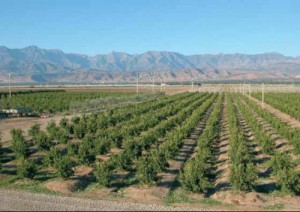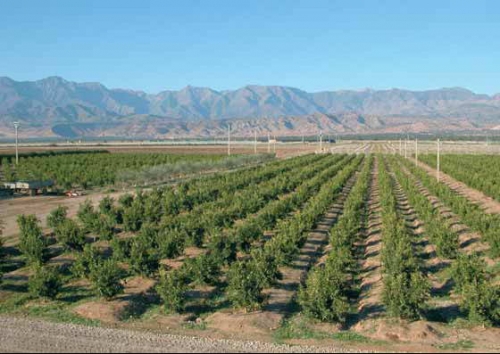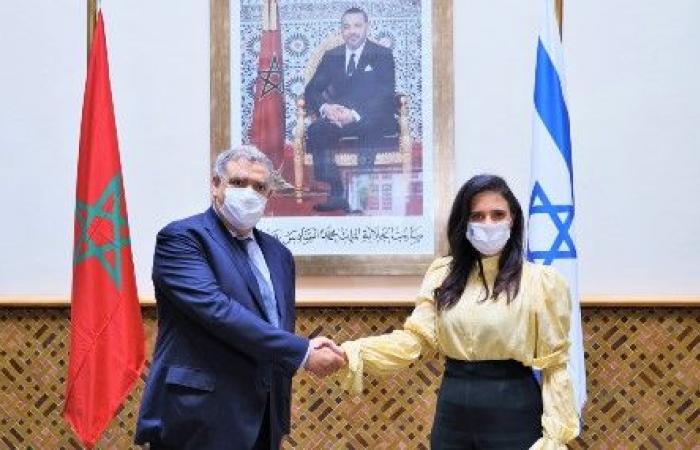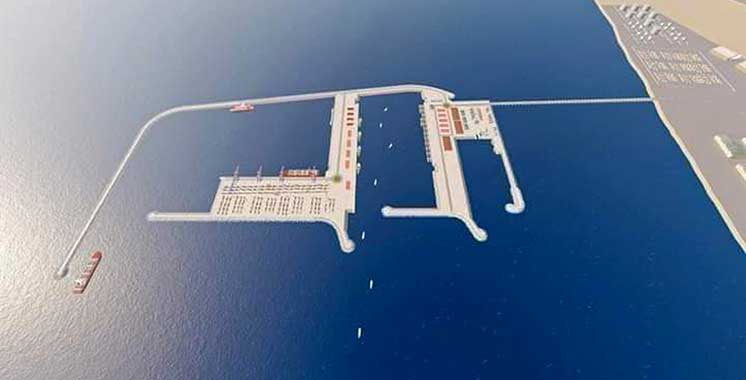 The World Bank has extended Morocco a $160 million loan designed to support reforms in Morocco’s business environment to spur competitiveness and boost growth and job creation in an increasingly competitive global economy.
The World Bank has extended Morocco a $160 million loan designed to support reforms in Morocco’s business environment to spur competitiveness and boost growth and job creation in an increasingly competitive global economy.
The First Economic Competitiveness Development Policy Loan approved this week by the World Bank will improve transparency and accountability in investment procedures and trade facilitation, says a release by the multinational financial institution.
The program is part of a comprehensive package of operations supported by the World Bank to help Morocco achieve greater competitiveness. It will contribute to leveraging ongoing government reforms aimed at simplifying the regulatory environment and facilitating trade. The program will also strengthen the capacity of key institutions such as the National Committee for Business Environment, the Competition Council, and the Investment Commission, the WB release says.
“Morocco has engaged in a number of promising reforms to liberalize and promote investment in key sectors over the last decade,” said Simon Gray, World Bank Maghreb Country Director. “The impact of these reforms on growth and job creation will be further enhanced by addressing the remaining rigidities in the institutional and regulatory business environment especially as they pertain to small and medium enterprises.”
Small and medium-sized enterprises make up around 95 percent of Morocco’s private sector and are a major source of employment. The program includes reforms which will address long payment delays, bureaucratic barriers, unfair competition and lack of predictability in the implementation of rules.
“Promoting a more dynamic and robust private sector is critical for Morocco’s prosperity and to achieve this there needs to be better collaboration among stakeholders and better coordination of policies,” said Philippe de Meneval, World Bank project team leader. “The common theme linking the reform areas of this program is bringing more predictability and transparency for commercial transactions through rationalizing key aspects of the institutional and regulatory environment for business.”
The second development policy loan will focus on implementation of reforms launched under this program notably the competition laws. The World Bank Group, with its private sector arm, the International Finance Corporation, provides technical assistance in support of these reforms and on measures designed to improve Morocco’s competitiveness.
The World Bank also approved a $ 6.44 million grant from the Global Environment Facility. The Social and Integrated Agriculture project will help small farmers implement land and biodiversity conservation measures in the marginal areas of Souss-Massa-Draa and Marrakech-Tensift-Al Haouz.
Among other activities, the project will support the installation and management of production units for animal feed using by-products from agri-food chains typical of the region, including olive oil, cactus, and argan.
The project will integrate sustainable agricultural practices in the Plan Maroc Vert, the country’s 2008-2020 agricultural strategy, aiming to double the agriculture sector’s value-added and create 1.5 million jobs.
“The Plan Maroc Vert is an ambitious strategy which envisages a paradigm shift from a highly protected agriculture sector to a more dynamic open market approach that creates better opportunities for small farmers,” said Gabriella Izzi, World Bank Task team Leader. “The project will promote the inclusion of land and biodiversity conservation measures in the Plan Maroc Vert, potentially contributing to the livelihoods of the 855,000 small farmers in Morocco.”
The World Bank has been supporting Plan Maroc Vert through a series of development policy loans and a Special Climate Change Fund Grant.
The Plan Maroc Vert seeks to upgrade a sector which contributes 19% of the GNP, with 15% from agriculture and 4% from agro-industry. This sector employs more than 4 million rural inhabitants, and has created approximately 100,000 jobs in the agro-industry sector.
The sector plays a substantial role in the macroeconomic balance of the country and also at the social scale as 80% of the 14 million rural inhabitants depend on revenues from the agricultural sector, not to mention the critical role it plays in securing food security.


